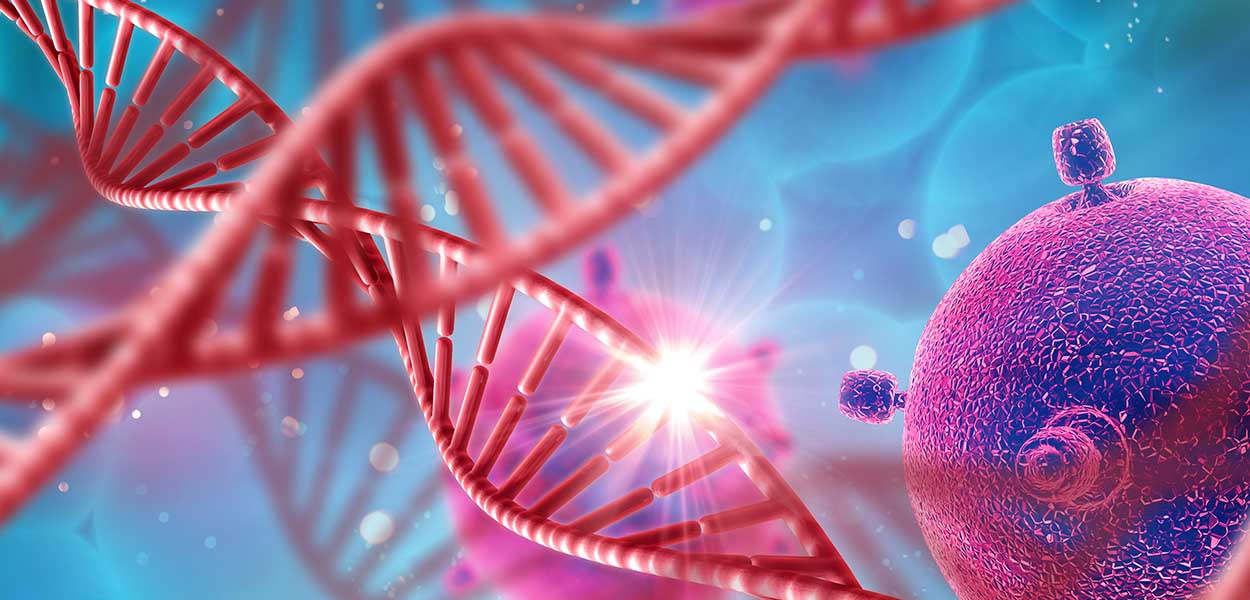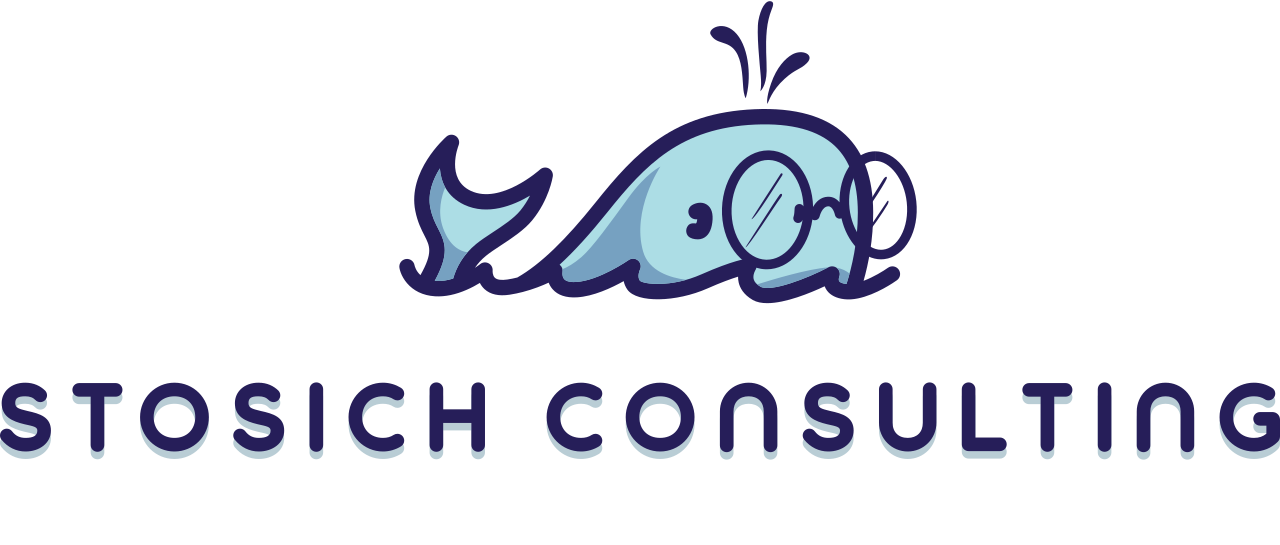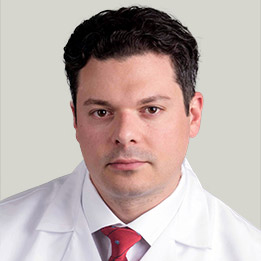Is the Need for Orthodontic Treatment Hereditary?

Round Lake, IL – We often hear phrases relating to the genetics passed on to us from our parents. Things such as “She has her mother’s eyes” or “he has his father’s nose.” But have you ever wondered where your teeth came from? While someone may tell you you have a smile like one of your parents, chances are good they aren’t referring to the teeth themselves. But your genetics and your teeth are closely linked.
“We all inherit genes from our biological parents,” says Dr. Stosich. “These can determine things like the color of our eyes or hair, but they can also determine your tooth structure. While genetics could give you the tooth structure of your mother or father, it could also give you a mixture of the two. You could inherit a completely new variation that is different. You could even inherit a recessive gene, that while not present physically in either parent, is passed on to you.”
This all means that the status of your parents’ smiles could be a good indicator of what is to come for yours. Or you could inherit recessive genes that result in a smile not seen in either of your parents or even anyone in your family before.
Epigenetics may also play a factor in our oral development. We know that our genes play an important role in our health, but so do our behaviours and environment. Epigenetics studies how behavior and environment can affect how our genes work. Epigenetic changes are reversible because they do not change our DNA sequence, rather they change how our body reads that sequence.
So, what exactly does that mean?
“We inherit genes from our parents, and this information guides our development,” says Dr. Stosich. “But, epigenetics tells us that our experiences as we are developing can rearrange the marks that govern gene expression. They can then change how the genes release the information that they carry. Positive and negative experiences, toxins, stress, and other factors can leave an epigenetic signature on our genes.”
While the genes we inherit from our parents certainly have an impact on us, our environment can provide experiences that can modify certain genes. While epigenetics in dentistry is still in early stages, there is sufficient evidence to support that epigenetics can play a role in our oral health and development.
One of the factors that can often lead to the need for orthodontic treatment is crowding, caused by a jaw that is too small. The shape and size of your jaw are most likely due to your genes. If you inherited a jaw that isn’t big enough to accommodate your permanent teeth, you may need orthodontic treatment.
There are, of course, other things that can influence your potential need for orthodontic treatment. These can include:
- Extended pacifier use or thumb sucking
- Prolonged bottle feeding
- Injuries
- Tumors
- Mouth breathing
While these additional factors can contribute to the need for orthodontic treatment, the best way to determine if your child will need braces is by scheduling a consultation with an orthodontist.
A trained orthodontist will be able to determine, starting at the age of seven, if alignment issues are a cause for concern. Then, treatment can begin at precisely the right time to have the most impact on the smile.
If both of your parents had braces in their adolescent years, it could indicate that might be in your future. But, one important thing to remember is that you inherit half of your genes from each parent. In some cases, this results in the need for orthodontic treatment, while in others it can lead to an ideal smile with no issues.


